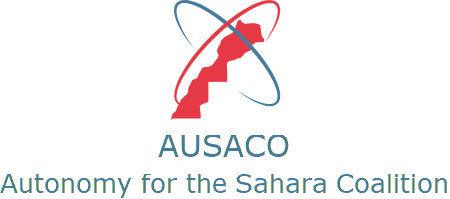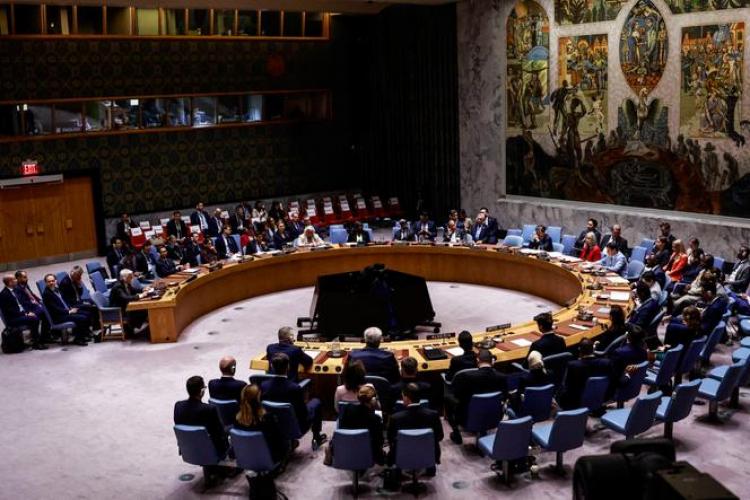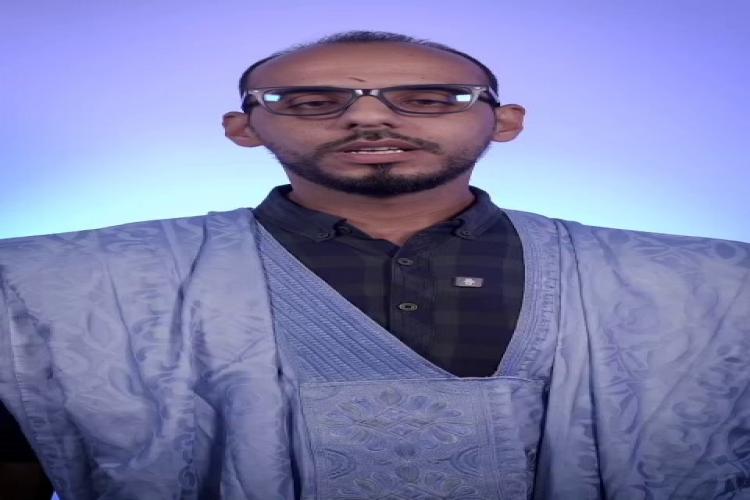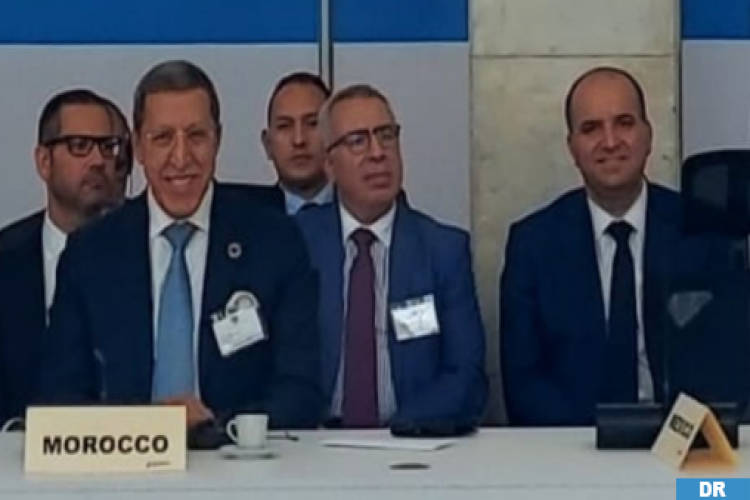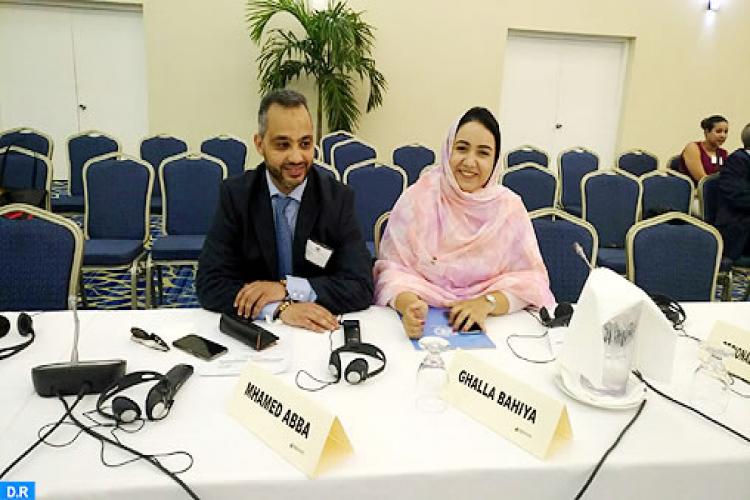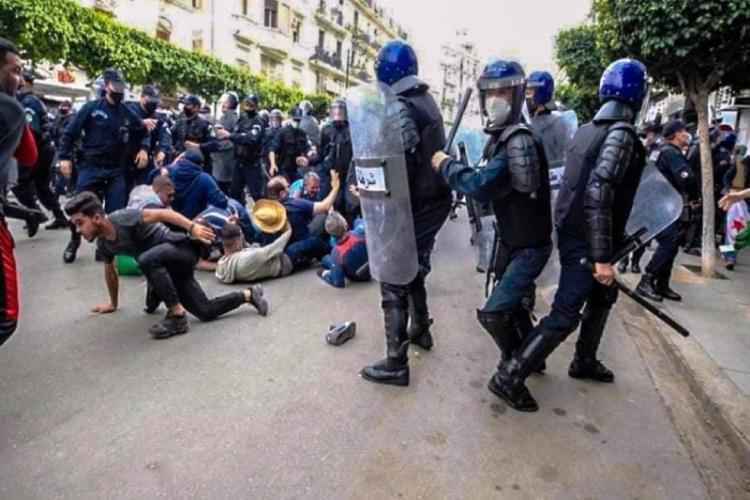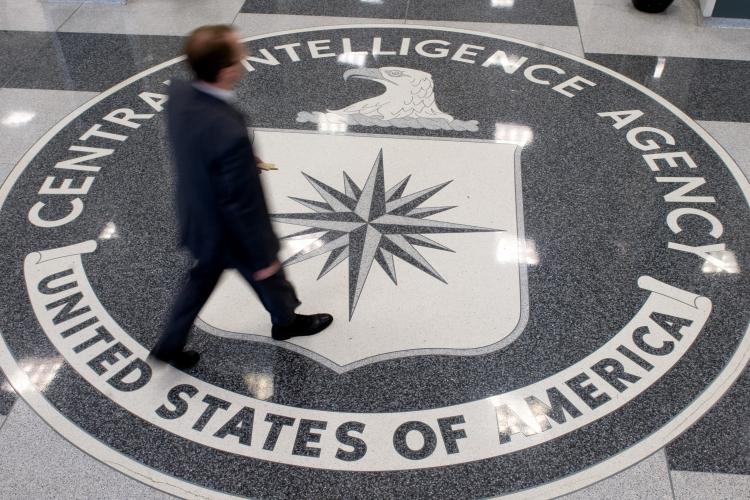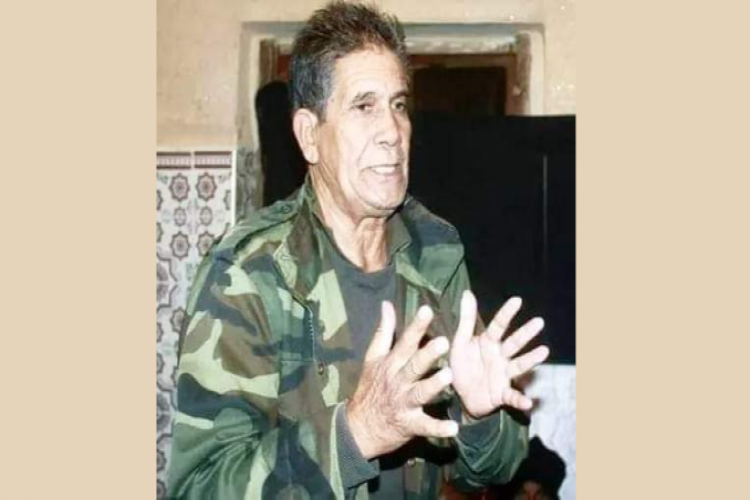Several UN petitioners have praised the growing international support for Morocco’s autonomy plan offered for the Sahara under its sovereignty, highlighted the impressive socioeconomic development in the Sahara and denounced the human rights violations in Tindouf camps and the Algerian regime anti-Moroccan pathological obsession.
Addressing the annual session of the United Nations C-24 convening in New York, M’hamed Abba, an elected member from the Laayoune Sakia El Hamra region, said the autonomy plan proposed by Morocco in 2007 for the Sahara is backed by 107 UN member states as the only realistic solution to the Sahara regional conflict.
Furthermore, thirty countries and regional organizations have decided to open consulates in the cities of Laayoune and Dakhla, confirming their recognition of the Moroccanness of the Sahara, he said, warning against the status quo which leaves the door open to security risks, including violence, extremism and human trafficking
The autonomy plan, which is based on an inclusive approach, is in line with international law. It has also been described as “serious and credible” in 20 resolutions of UN Security Council since 2007, said Mr. Abba, noting the plan enables local Sahrawis to enjoy their full political, social, and cultural rights contrary to the deplorable and alarming situation prevailing in the Polisario-controlled camps in Southern Algeria.
He also cited the impressive socioeconomic development the Sahara is witnessing thanks to the huge investments injected in the region and the new development model for the Southern provinces launched by King Mohammed VI in 2015.
The Royal initiatives helped to speed up the advanced regionalization project, aiming to ensure democratic governance and sustainable integrated human development, said Mr. Abba, citing in this regard the new Atlantic Port of Dakhla and Morocco’s Atlantic policy making Moroccan Sahara gateway to Africa for Europe and the Americas.
For her part, Mrs. Ghalla Bahiya, elected member from Dakhla-Oued Eddahab region, hailed the social and economic development of Morocco’s Southern provinces which are benefiting from modern infrastructure (roads, ports, and airports), good healthcare, education and social coverage. The region also offers huge investment opportunities in industry, agriculture, renewable energies, tourism, mining and fisheries.
Furthermore, the local Sahrawi population enjoy freedoms and benefit from security and equal opportunities, she said, stressing the importance of the Royal initiatives, namely the Morocco-Nigeria Gas Pipeline, the Atlantic Africa Initiative, and the Initiative to enable Sahel countries have access to the Atlantic.
These initiatives will make the Moroccan Sahara a platform for security, stability, and co-development in Africa, the Atlantic, and beyond, said Mrs. Bahiya.
She also condemned the sufferings endured by Sahrawi women sequestered in the Tindouf camps where they are daily reeling under abuse, torture and rape.
“Women and children’s rights are violated in the Tindouf camps without any action taken by the host country, Algeria which refuses to allow the UNHCR to fulfill its humanitarian mandate to protect the population of these camps”, she said.
She also decried the embezzlement of humanitarian aid by the Polisario leaders and denounced the serious human rights violations committed by the polisario militiamen and Algeria soldiers in Tindouf camps as confirmed by the Office of the High Commissioner for Human Rights (OHCHR), which cited large-scale abuse, arrests and ill-treatment of local inhabitants.
Petitioner Khadija Ezaoui, a native of Southern Moroccan Saharan city of Laâyoune, said “Tindouf camps have become a brutal symbol of human suffering, where abuse, repression, extreme poverty and malnutrition are the norm rather than the exception”.
The international humanitarian aid donated for the sequestered population in these camps is diverted to be sold in neighboring countries rather than delivered to those who need it most, she said.
The embezzlement, carried out by the polisario leaders in connivance with powerful and corrupt Algerian generals, has been confirmed by the World Food Program (WFP) and the European Union Anti-Fraud Office (OLAF).
Morocco’s ambassador to UN Omar Hilale has called on the Algerian regime to concede defeat in the Sahara issue after squandering billions of petrodollars on a lost cause instead of spending taxpayers money on the well-being of the Algerian people, who are lining up to obtain the most basic foodstuffs.
He told also the Algerian regime that “the Sahara has always been Moroccan and will forever remain Moroccan; the Moroccan Autonomy Initiative is the one and only solution to this dispute, within the framework of the sovereignty and territorial integrity of the Kingdom”.
“Morocco will carry on with determination the development strategy of its southern provinces, which are becoming a regional and continental hub”, underlined the diplomat.
